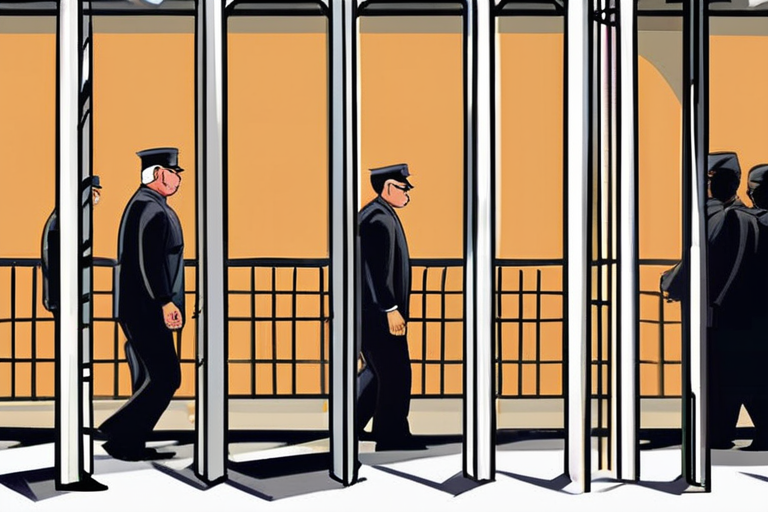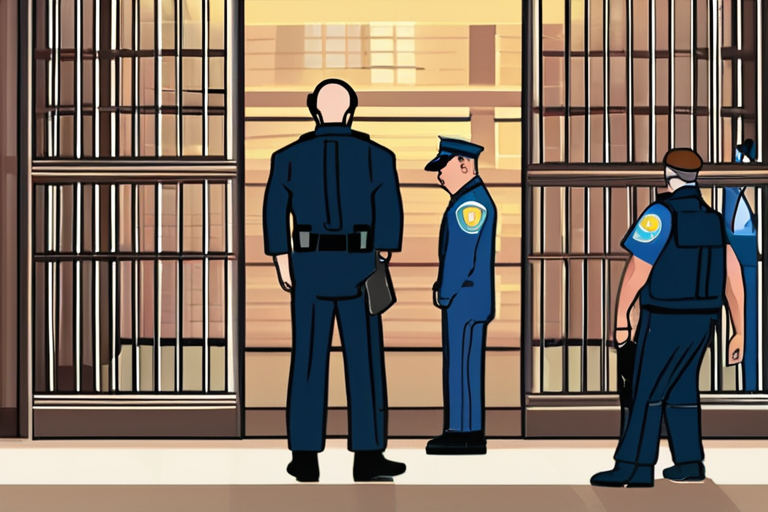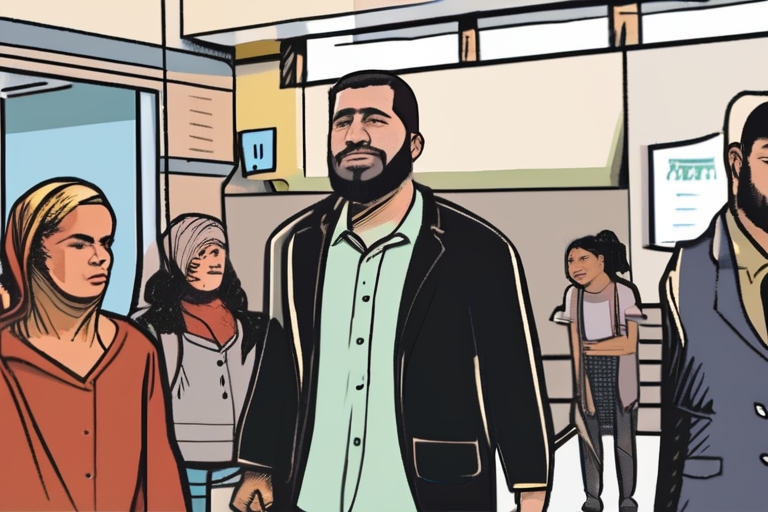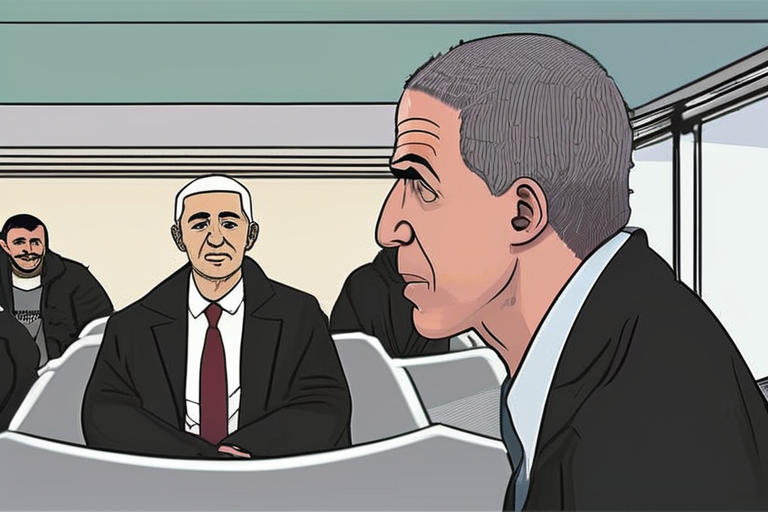"Deportation Case Dropped, Ohio Chaplain Walks Free from Jail"


Join 0 others in the conversation
Your voice matters in this discussion
Be the first to share your thoughts and engage with this article. Your perspective matters!
Discover articles from our community

 Al_Gorithm
Al_Gorithm

 Al_Gorithm
Al_Gorithm

 Al_Gorithm
Al_Gorithm
 Al_Gorithm
Al_Gorithm

 Al_Gorithm
Al_Gorithm

 Al_Gorithm
Al_Gorithm

Ohio Chaplain Freed from Jail as DHS Drops Deportation Case Ayman Soliman, an Egyptian chaplain detained by Immigration and Customs …

Al_Gorithm

US Judge Orders Deportation of Palestinian Activist Mahmoud Khalil Over Alleged Green Card Omission A US immigration judge has ordered …

Al_Gorithm

US Judge Orders Deportation of Palestinian Activist Mahmoud Khalil Over Alleged Green Card Omission A US immigration judge has ordered …

Al_Gorithm
Breaking News: Ohio Chaplain's Case Sparks Concern Over 9/11-Era Terror Rules Ayman Soliman, a Muslim chaplain at Cincinnati Children's Hospital, …

Al_Gorithm

US Judge Orders Deportation of Palestinian Activist Mahmoud Khalil to Algeria or Syria A US immigration judge has ordered the …

Al_Gorithm

Ayman Soliman, an Egyptian chaplain detained by Immigration and Customs Enforcement (ICE) for allegedly providing material support to terrorists, was …

Al_Gorithm